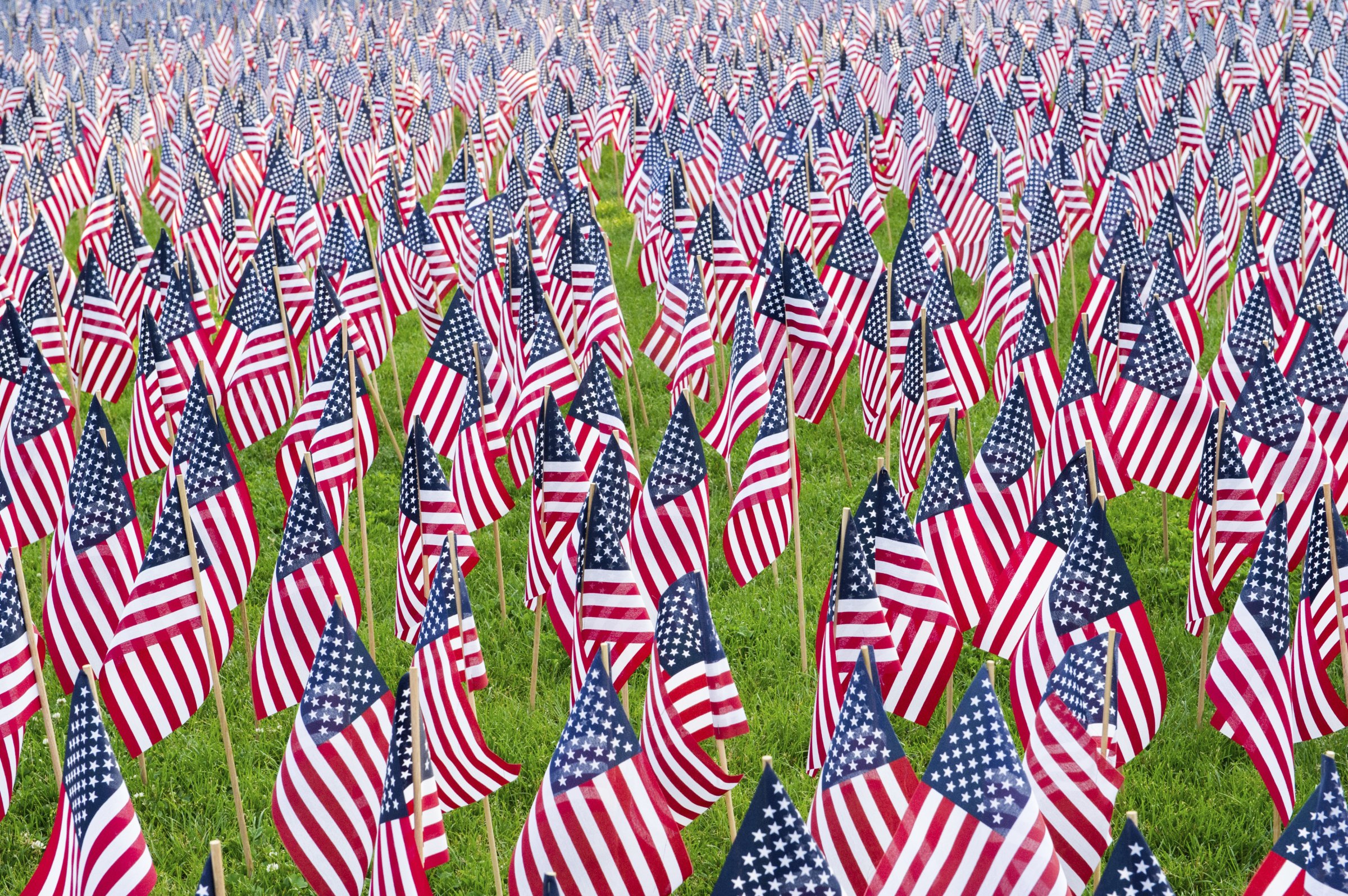
Two weeks ago my husband of 51 years, Joe, died in his room at the William E. Christoffersen Salt Lake Veterans Home at age 87. He had served in the Navy from 1941 to 1946 and was a proud veteran.
Like others, I am deeply concerned by reports of delayed treatment for our veterans. Indeed, when I was receiving cancer treatments in 2011 and could no longer care for Joe at home, we had to wait nearly a month before a room became available in a VA facility.
But this is not a story of disappointment. It is instead one of deep gratitude for the extraordinary professional and personal care Joe received over the next three years. Of course we must not excuse those who betray their responsibilities to our veterans and our country, but we must also remember and celebrate the legion of VA employees who provide outstanding care to our veterans, day in and day out.
As Joe’s physical strength waned and vascular dementia sapped his memory, VA doctors, nurses and aides were alert to his medical needs. Time and again they took him to the VA hospital for tests, diagnosis and treatment.
More unexpected were the countless ways in which their thoughtfulness helped Joe and our entire family. Every veteran was treated with the greatest respect, even when he or she was being difficult. For example, at first Joe didn’t understand why he couldn’t come home with me and became angry whenever I left him. The staff always took him aside to provide comfort and tell him I would be back soon.
These small personal kindnesses made such a difference.
To the extent possible, Joe and other patients were encouraged to continue a normal life. Many activities and facilities were available at the nursing home, but patients were not confined there. There were outings of all sorts, such as professional sporting events, fishing, horse riding, shopping at a local store and short road trips to see the fall leaves—even after Joe was confined to a wheelchair.
Our family was allowed to visit any time of day or night, and staff would place a call for Joe whenever he wanted to talk to us. When he could no longer come home for the day, special dinners were scheduled at holidays so we could celebrate together. It was the little things that mattered the most, and they were the most unexpected.
What turned out to be Joe’s last treat took place the afternoon before his death. By then he was in hospice care, but did not realize that his status had changed. A nurse noticed that he seemed down and asked what would make him happy. He said he wanted a Coca-Cola and a Snickers bar. She pushed his wheelchair so they could fetch them, then brought him back with her to the nurses’ station, where they visited while he indulged in this special snack.
It is difficult to leave a loved one’s side once you know that the final stages of life are here. But we knew that no matter how suddenly Joe’s final decline might be, there was no danger that he would die alone. The staff made sure that someone would always be with any patient who was approaching death so that this would never happen, and that was reassuring for us. As it turned out, the doctor was able to gather most of his family in time to be with Joe as he slipped away. The last three of us, our daughter and son and myself, whose planes from Illinois, Arkansas and Texas did not get us to the nursing home until many hours after his death. The staff had kept Joe in his room to await us. The chaplain, who had come to work for a normal day, stayed until midnight so that she could comfort us after we said our goodbyes. Only then did the mortician take Joe’s body.
A final tradition, so touching that it brings tears to my eyes as I write, is that whenever a veteran dies, his caregivers line the halls to offer their salute and play “Taps” as his flag-draped body departs.
In our case, there was a postscript. Joe had greatly admired the black Converse sneakers of two of the aides. Many times he sought to purchase them from one or the other, once offering a dollar he’d won at Bingo as payment. Although they always declined, the aides decided to surprise Joe by purchasing a pair for him out of their own funds. But the parcel arrived a few hours too late. When I urged them to return the $60 shoes for a refund, they declined, saying they were meant for Joe. Although most mourners at his funeral didn’t realize it, Joe wore his new black sneakers to the grave.
Sandra Collard has five children, fourteen grandchildren and three great grandchildren. Her husband Joe served honorably in the U.S. Navy during World War II.
More Must-Reads from TIME
- Why Trump’s Message Worked on Latino Men
- What Trump’s Win Could Mean for Housing
- The 100 Must-Read Books of 2024
- Sleep Doctors Share the 1 Tip That’s Changed Their Lives
- Column: Let’s Bring Back Romance
- What It’s Like to Have Long COVID As a Kid
- FX’s Say Nothing Is the Must-Watch Political Thriller of 2024
- Merle Bombardieri Is Helping People Make the Baby Decision
Contact us at letters@time.com